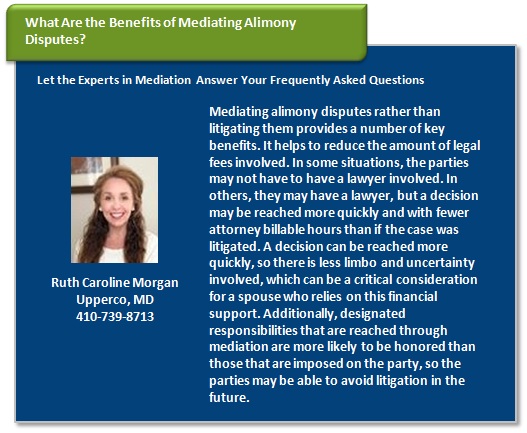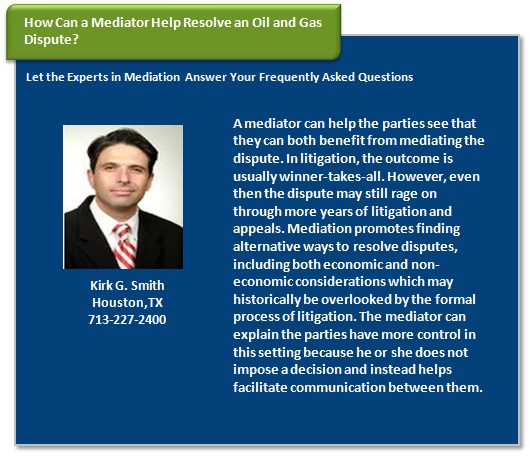 Over the last several decades, mediation has been used as an effective tool in diverse causes of action. Mediation has been used to effectively help resolve a variety of cases, including highly publicized food and drug disputes. This strategy may be used in cases involving product liability, shareholder disputes related to the value of stock when safe measures were not used, adverse side effects and other problems plaguing the food or drug process.
Over the last several decades, mediation has been used as an effective tool in diverse causes of action. Mediation has been used to effectively help resolve a variety of cases, including highly publicized food and drug disputes. This strategy may be used in cases involving product liability, shareholder disputes related to the value of stock when safe measures were not used, adverse side effects and other problems plaguing the food or drug process.
In mediation, the parties are able to acknowledge the drawbacks of continued litigation. For plaintiffs, this includes expensive litigation that can potentially drag on for years while they wait for their award. For defendants, this includes negative publicity that can adversely affect the value of their products on the open market and the potential for an unsympathetic jury to award an extreme amount in damages.
Parties involved in mediation who resolve their dispute during this process get to play a direct role in how any settlement agreement is worded. In addition to deciding any fair settlement money award, the parties can also agree to other parameters for their settlement. For example, they may indicate how they want a recall to be carried out. They may agree to the settlement funds going into an escrow account and distributed a certain way. They may agree to new warnings that should be placed on products. In these ways, parties can reach effective solutions to help avoid problems in the future while also feeling that they have worked collaboratively to execute an acceptable agreement.






 Consumers often hear about contentious issues involving food or drug products. Items may be recalled or may be alleged to cause harm though the manufacturer refuses to issue a recall. Class action lawsuits may be formed after adverse side effects are realized from the use of certain products. However, these disputes often cause negative ramifications for both parties of the litigation.
Consumers often hear about contentious issues involving food or drug products. Items may be recalled or may be alleged to cause harm though the manufacturer refuses to issue a recall. Class action lawsuits may be formed after adverse side effects are realized from the use of certain products. However, these disputes often cause negative ramifications for both parties of the litigation.
 The mediation process provides ample benefits in the oil and gas industry, including the following:
The mediation process provides ample benefits in the oil and gas industry, including the following: